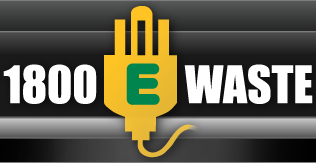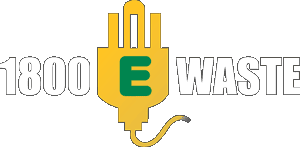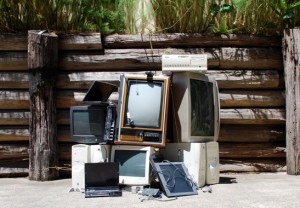Why Australia needs to be aware of the right and wrong way to recycle their electronic waste.
According to the Basel Convention on the Control of Transboundary Movements of Hazardous Wastes and their Disposal, the exportation of electronic waste to developing countries is illegal. 92 Countries around the world have ratified the Basel Convention, agreeing not to export their ewaste without the appropriate licenses in place. However, a Greenpeace report states that after “inspections of 18 European seaports in 2005, as much as 47% of waste destined for export, including ewaste, were illegal.” The practise of exporting electronic waste therefore, is clearly continuing despite the regulations of the Basel Convention, and it’s not just the law that this illegal trade is



